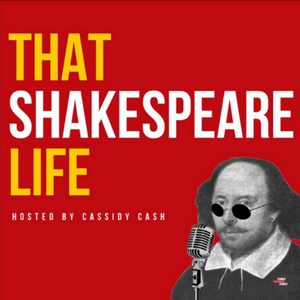There are many men who lived alongside William Shakespeare in turn of the 17th century England, but today's featured contemporary is a man who served as King James' ambassador to Venice in the 1600s. This man was named Henry Wotton. At grammar school, he received the same humanist education as Shakespeare, but unlike Shakespeare, Henry went on to university, studying at Oxford where he was tutored by Alberico Gentili, the man who was just then publishing the first handbook on international diplomacy. After graduation, Wotton spent five years travelling across Europe, stacking up experience that gained him employment, after which he returned to England to serve as personal secretary Robert Devereux, Earl of Essex. That life abruptly ended when Wotton fled England after the 'Essex Rebellion' that cost Devereux his life. But a chance encounter brought Wotton to the attention of the man who, within months, would claim the English throne. King James recalled Wotton from exile -- and immediately sent him ambassador to Venice.
Here today to share the remarkable story of Sir Henry Wotton—a man whose real-life adventures in diplomacy were unfolding even as Shakespeare was staging ambassadors on the London stage and setting his plays amid the politics of Venice—is our guest, Professor Carol Chillington Rutter, author of Lying abroad: Henry Wotton and the invention of diplomacy. In her book, Dr. Rutter explores the extraordinary life of the man King James I called his "honest dissembler"—a maverick diplomat who fled England in disgrace, only to return and redefine the very art of diplomacy in ways that still influence international relations today.


